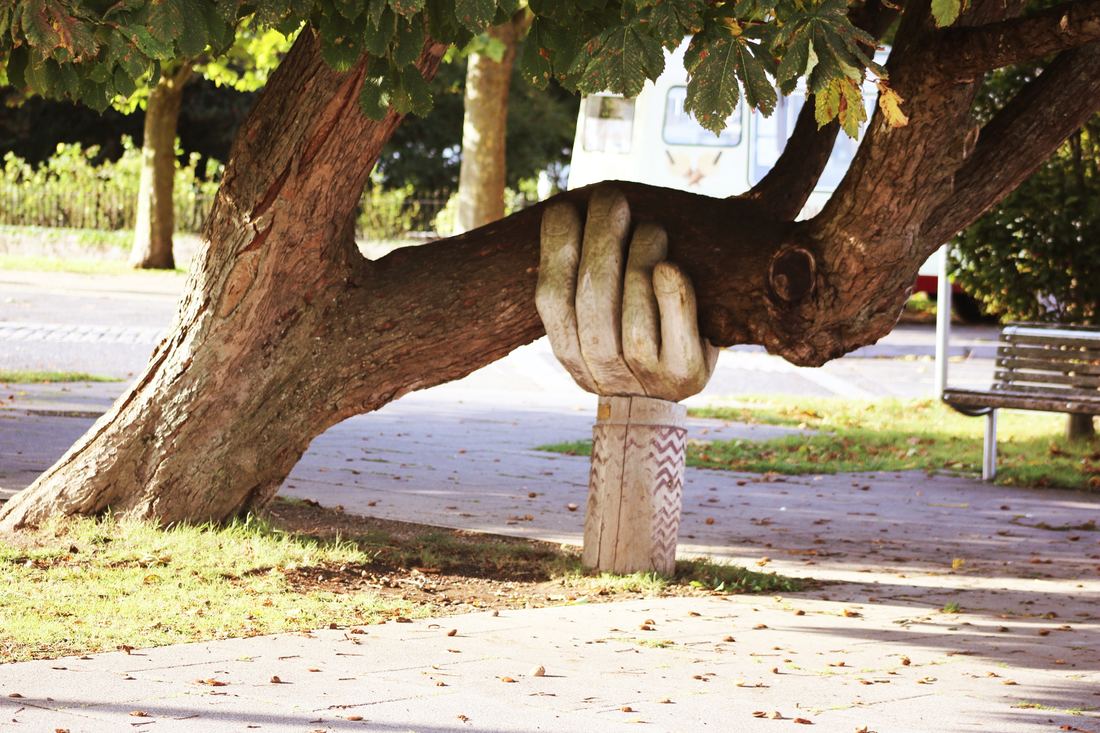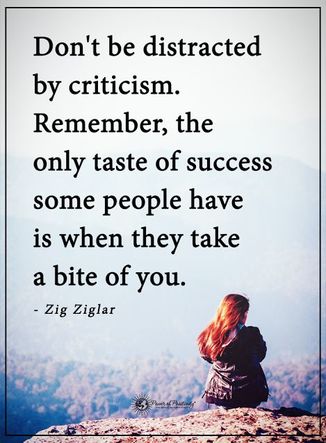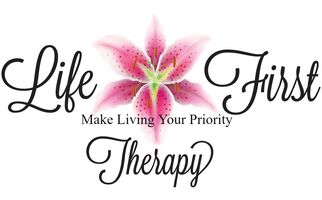 Methadone can be used to treat persons with an opiate use disorder. Methadone works by occupying areas of the brain that opiates target to prevent withdrawal symptoms or make them less severe for those that have stopped using opiates. Methadone also helps with eliminating cravings for opiates. Withdrawal symptoms include:
Many people stay on methadone long-term and some people gradually reduce their dose to completely stop taking methadone. Methadone should not be taken with any other illicit substances and alcohol. The impact of mixing benzodiazepines (Xanax, Klonopin, Valium, etc.) and methadone can be deadly. There is an increased risk of overdose when benzodiazepines are taken with Methadone. Since Methadone is a depressant that slows the central nervous system, which includes heart rate and breathing, so does benzodiazepines. As a result, the combination of taking the two can slow the heart rate, risking the heart for cardiac arrest and stopping one from breathing. Methadone can be prescribed and lasts longer in the body to help those with an opiate use disorder once someone stops using. Most persons are referred to a community treatment center for assessment. Most treatment facilities have a general practitioner on site that can complete the assessment. The assessment usually includes taking details of the person’s health, social circumstances, past and current drug taking, identifying if methadone is needed or appropriate, an examination, urine analysis to confirm any illicit substances being used and assessment of what the person needs are at this time. In addition, to those that may have been using heroin intravenously, a blood test for HIV, liver function and Hepatitis A, B and C are conducted. After the assessment, an initial low dose is prescribed. The low dose is prescribed out of safety and can be adjusted frequently. This stage is very important because this is the phase where a regular maintenance dose is identified over a few week period. The maximum effect can vary person to person as it takes 2-4 hours for Methadone to reach its peak effect level. Once the correct dose is identified, the person is now in what is called Methadone maintenance. Methadone is a once-daily liquid dose taken under supervision of a nurse or pharmacist who dispenses it. Methadone must be taken regularly and if three or more doses are missed, the body may lose its ability to break down the drug. If three or more doses are missed, persons can return to taking Methadone, but at a lower dose. Some people that have been on Methadone for a while will want to detox. This often takes years as it is safer to stay on Methadone than to detox before the person is ready. People that use Methadone are more likely to stay off heroin if they are supported by friends and family. Too often, family and friends do not support persons with opiate use disorders because of their lack of knowledge regarding Methadone. Methadone is a drug used to help those persons with an opiate use disorder so they no longer use opiates. It can be viewed as taking medication for high blood pressure or insulin for type 2 diabetes. The way people can change their diet to reverse type 2 diabetes while taking medication is the same as those using Methadone to reverse their opiate use disorder. Support from loved ones goes a long way for a person using Methadone. Persons with opiate use disorders also do well when attending outpatient treatment coupled with group and individualized therapy. It is much harder to do it alone. Please educate a friend, coworker and loved one on the benefits of supporting a person with opiate use disorder when they have made the choice to use Methadone in their recovery efforts. There are plenty of successful people around us, you may never know, that have or currently use Methadone. As America is going through the opioid epidemic, being educated on the various ways Methadone can help just might save your loved one’s life.
1 Comment
 People who are critical of others point out others perceived flaws. Many of us have grown up with painful criticism. Painful criticism can be toxic to anyone’s well-being. Being criticized as an adult can trigger suppressed pain and as a result, one either withdraw themselves or lashes out on others. Either action is counterproductive to one’s well-being. Sometimes, painful criticism can trigger shame causing one to revert back to the hurt child who could never do anything right. Shame can be an extremely painful emotion. When shame is triggered, some people find ways to not feel such as cutting, overeating, or using illicit substances. Shame can feel very threatening as it dysregulates the nervous system. Practice mindfulness by noticing it, allowing it some space and realizing when it has arisen. Understand that you are not the shame. You have no control over how others perceive you. You do have control over how you hold and view yourself. Find your inner strength and accept your lovely, unique human flaws. The key to doing this is building mental strength by what you do and don’t do.
Don’t allow a compliment or criticism to affect you. Instead, trust your own judgment and know what is best for you. You don’t need other’s approval because you know your strengths and limitations so again, accept your perfect imperfections and mistakes. Acknowledge and reward your successes despite anyone’s recognition. People are going to have their own opinions no matter what. In the end, yours is the only one that matters!  Every day without using can be uncomfortable especially when trying to practice and implement new recovery skills. This alone makes the first 90 days of recovery very critical. The first 90 days has been known as where most relapses occur. When in recovery, you give up more than a substance, but also behaviors. If you are returning home from treatment, everything you left (friends, job, family, etc.) can be overwhelming. Recovery can be difficult to manage without structure, a routine and consistency. Without these things, recovery can collapse. Below are 12 critical tools for surviving the first 90 days of recovery.
 Is your body living in the present, but your mind is in the past or future? Do you have resentments, guilt, or shame from your past? Are you afraid of current circumstances causing you displeasure continuing in your future? The voice of the ego-mind makes us believe we can only achieve internal peace based on what happens in the world around us. The philosopher Wittgenstein stated, “The eternal life belongs to those who live in the present.” When you do not allow yourself to experience any moment for itself, you stop time. The past is said and done. What remains to be seen is what you can bring to your present and future. You always have the power to decide that any poor decision you made in the past does not have to be repeated in the present. Be motivated by having been treated unfairly in the past to treat yourself fairly in the present. You have better things to do than rake yourself over the coals because of your past. What you tell yourself today is way more important than what others have told you in your past. Shift your thinking to understand how past experiences do not represent you. Instead, your past experiences represent things you have experienced. Your past does not make you a better or worse person nor is it your enemy. The enemy is your way of thinking about your past. Use your past to make you emotionally strong in your present. Let’s face it; the past is not going to get any better!  Growing up, the parent-child relationship is the first social relationship we experience. Children who grow up in a household where their feelings are not acknowledged, validated or responded to sufficiently learn their emotions are not valid, unacceptable to others, or don't matter and they must ignore, neutralize, devalue or push away their emotions. The child now knows how to disconnect from their own feelings. Some children grow up with parents or caretakers that treat them as though they are not lovable. They then develop the idea that they are the problem or something is wrong with them. The truth is that the child received uncaring treatment by an unhappy and/or emotionally limited parent. As an adult, the feelings of emptiness from childhood become a vital part of ones being. Emptiness can be described as something missing inside of you; a disconnection from yourself and others caused by absence of feeling. Physically, your body could feel as though there is an empty space in your belly, chest or other parts of your body. As an adult, people who have emptiness often care for others better than they care for themselves. They can put a smile on their face, never giving away their emptiness. Adults that do not feel worthwhile may suffer from depression and lack confidence. If this resonates with you, please know you can begin to give yourself the emotional attention you did not get as a child. You can begin to accept your own feelings as an expression of your true self without feeling or believing you are weak. Pay attention to what you want and need while using your voice to ask for them. Take time to practice positive self-talk to eliminate your inner critic. Start showering yourself with self-acceptance and self-love by appreciating the good qualities you have. Take great care of yourself. This can include forgiving yourself for your past mistakes and eliminating any guilt or shame associated with feeling empty or worthless. Relationships that are toxic, find a way to end them so you can treat yourself with the self-compassion you deserve. Engage with others in a meaningful way to take a step towards healing your emptiness. Others may feel the same thing, but do not express it, so you could be offering a gift that helps them. Every human being has value. Work on your inner child to give your adult you a better life. You can heal!  Growing up, you may have discovered ways to make yourself feel better when you had been hurt or felt bad. Some self-soothing ways could have included playing with your dog, favorite doll or toy truck. As an adult, when you felt uncomfortable, upset, anxious or irritated, you may have turned to negative self-soothing techniques to make yourself feel better as quickly as possible. Some of these things included:
These things may have made you feel better at first, but later worsened your situation. If you are using any of these negative self-harm techniques now, there are safer ways that can work for you. Try any of these 10 self-soothing techniques to feel better about yourself or any situation.
Remember, each day you can help yourself feel better by doing many good things that do not involve cutting, overeating or using alcohol or illicit substances. You are in control of your life. Do something fun, creative, uplifting, interesting and exciting when self-soothing routine.  Every day the list expands to the things we can buy and do online. If you live in a rural area and want to go to therapy, but are afraid of running into someone you know, online therapy could be a great option. If you live in an urban area and are super busy from work demands, but want to go to therapy, online therapy could be just for you. Here are 7 pros to online therapy.
One con to online therapy would be if you are experiencing a crisis situation. Online therapists are at a distance making it difficult for them to respond fast enough. Therapists can respond, but their approach to the situation when communicating solely online may have to be changed. Whether you live in a rural or urban area, online therapy is not for everyone. Some people prefer the face-to-face session and that is totally fine! As long as you are getting the help you need, the delivery method does not matter. Only you can decide if online therapy works best for you and your situation.  One’s quality of life can be enhanced by having a positive attitude and sense of general well-being. Improving your mind and memory through mentally stimulating exercises can also help. Keep in mind, happiness takes work. The basic ingredients to being happy includes safety, satiation, perception and quietude. Safety Feeling unsafe can bring about fear. This fear creates uncertainty and tension within your body making it hard for you to experience happiness. Ask yourself, “How safe and secure do I feel in my everyday life?” Satiation No one has everything they want, but ask yourself, “At this moment, am I full?” Only you can answer this question. You know how much you need to be satiated however, if nothing is ever enough, your search for happiness will never end! You can be happy in this present moment without having everything you want, but you cannot be happy if your life is empty. How satiated are you with your finances, relationships, career, etc.? Perception Right now, take the time to reflect on the bigger picture of what your life is all about. Getting caught up in the minuscule details can be derailing you from enjoying the journey, the positive impact you are having on others and within your own life. How pleased are you with your general life situation? Are you grateful for the way your life is turning out? Quietude How often do you find yourself in a quiet place where you can have a true moment of reflection? If not every day, at least once a week, find a quiet place where you can get in touch with feeling safe, see how satiated you are and self-reflect for 20 mins. Take a break from your day of being busy and rest. Find the space where you can hear yourself think and have no responsibilities. How often do you have sense of peace of mind? How often do you feel content? As you reflect on these questions, focus on the ones you struggled with or could not answer. These are the ones that need your attention the most. As you work on these, you move closer to being a happier person. |
Archives
February 2021
About MeI am a loving and perceptive therapist. I helps professional women of color! I work collaboratively with my clients to build their self-confidence. We identify tools that are needed to build a career and live a life worth living! I listen quietly and attentively remembering details to tell truths that need to be spoken. Let's Connect |
|
CONTACT ME
Phone: 267-598-LIFE (5433) Email: [email protected] Mailing Address 2031 66th Ave, #14176 Philadelphia, PA 19138 |
If you are in a crisis, online therapy is not the best option for you.
Call the National Suicide Prevention Lifeline 1-800-273-8255 or text "988" |
Disclaimer: Please note, the information offered on this website is not, nor is it intended to be, therapy or psychological advice, nor does it constitute a client/therapist relationship. Please consult a physician for individual advice regarding your own personal health and well-being. Thank you.
© 2017-2024 Life First Therapy | ALL RIGHTS RESERVED.
© 2017-2024 Life First Therapy | ALL RIGHTS RESERVED.

 RSS Feed
RSS Feed
